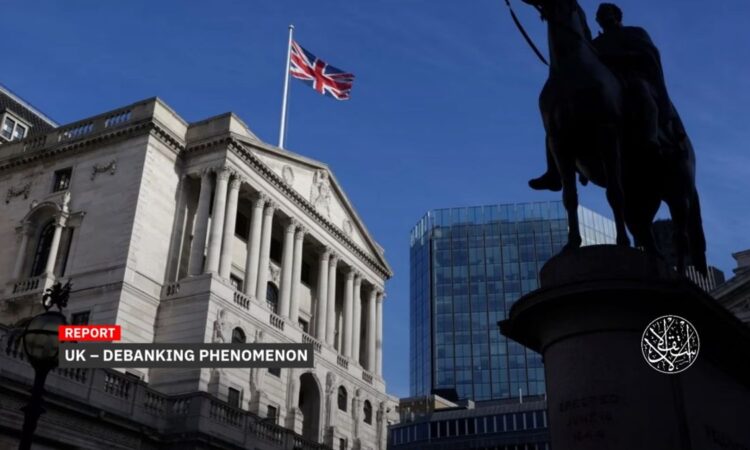
In a surprising trend that has caught the attention of financial markets and regulators alike, over 343,000 bank accounts in Britain were closed in the 2021-22 period, marking a significant uptick in what is now known as the ‘de-banking’ phenomenon. This move, initially aimed at combating fraud and money laundering, has raised concerns over its broader implications on customer rights and financial freedom.
Understanding De-banking
De-banking refers to the practice where banks close down accounts, citing various reasons ranging from associations with politically exposed persons, reputational risks, to international transactions, and dealings in cryptocurrencies. High-profile instances like the case between Nigel Farage and Coutts Bank have propelled this issue into the public domain, shedding light on the complexities and consequences of such bank-initiated closures. Financial institutions argue that these measures are necessary to adhere to regulatory standards and prevent illicit activities.
Regulatory Response and Customer Protection
The Financial Conduct Authority (FCA) is currently reviewing regulations concerning politically exposed individuals, with potential changes on the horizon aimed at refining the balance between preventing financial crimes and ensuring individual freedoms. Furthermore, recent legislative proposals advocate for stronger customer protections, including a mandate for banks to provide a 90-day notice prior to account closure and to disclose the reasons behind their decision, except in cases where legal concerns, such as money laundering suspicions, prevent them from doing so. Despite these proposals, banks maintain the discretion to close accounts for a myriad of reasons, highlighting the ongoing tension between regulatory compliance and customer rights.
Implications for Financial Freedom
The increase in account closures has sparked a debate about the implications for financial freedom and the potential overreach of banks in the guise of regulatory compliance. Critics argue that such practices can unjustly target individuals and small businesses, hindering their financial operations and access to banking services. This issue has caught the attention of lawmakers and the public alike, with many calling for a more balanced approach that safeguards both the integrity of the financial system and the rights of its participants. As the situation develops, the financial sector and its regulators are challenged to find a middle ground that addresses fraud and money laundering concerns without compromising on individual liberties.





